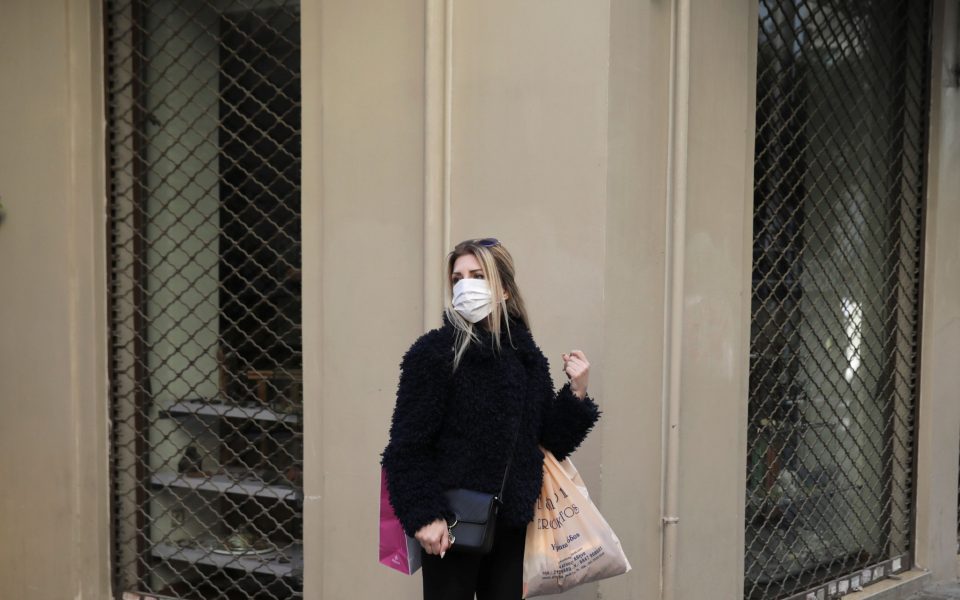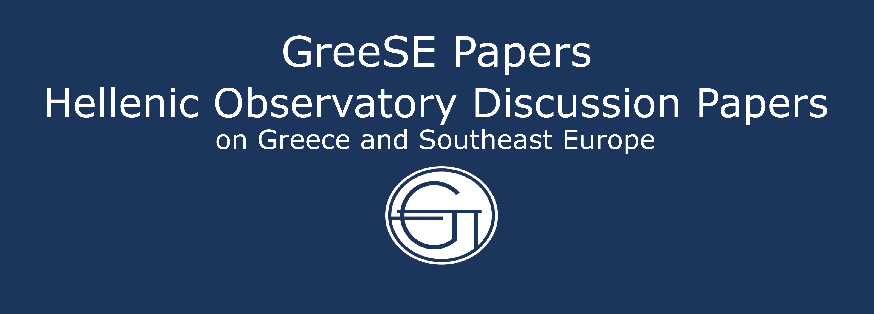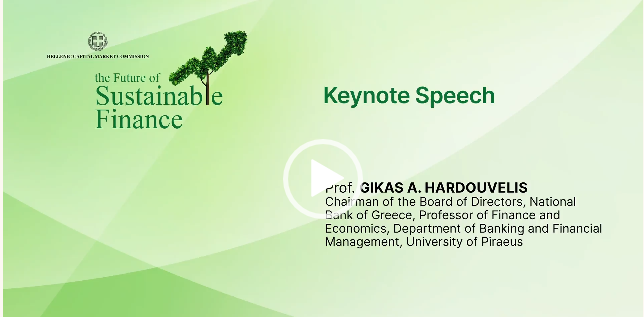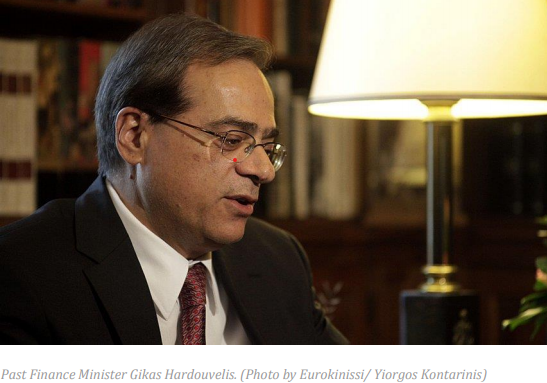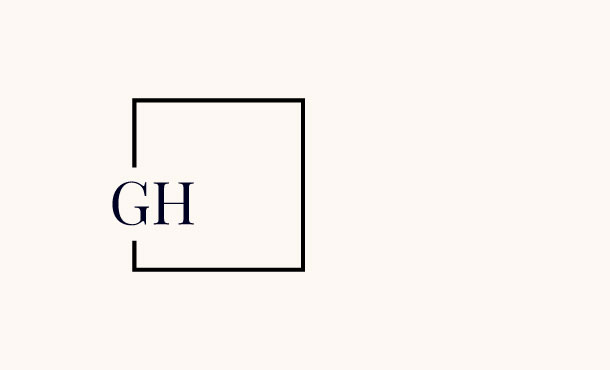Professor Gikas Hardouvelis’ recent article on greek banks and their challenges, published in www.ekathimerini.com on March 28th, 2021.
Greek banks are in a position to support growth
Greek banks today face challenges similar to those of European banks. They are also struggling with additional domestic obstacles stemming from the legacy of the decade-long Greek crisis and a large amount of nonperforming exposures (NPEs). During the past year they made tremendous progress through loan sales and securitizations in reducing the size of their NPEs. Some banks already appear to be out of the woods. Overall, the banking system, although still vulnerable, does have the ability to help the country recover from the Covid-19 crisis.
The global and European environment of low interest rates is the first major challenge for banks. The problem is expected to persist as long as the accommodative European monetary policy continues. Yet low interest rates translate into low net interest income for banks, which happens to be the largest component of their profitability. A second international challenge is the intense competition from big technological companies, which aim to take away some lucrative components of their profitability in retail banking and in transaction services. A third challenge is the stricter regulatory framework, originating from two underlying forces.
The first force is the aftermath of the global financial crisis, which resulted in a stricter global Basel regulatory framework, for more and better-quality capital, ample liquidity and strict annual supervision. The second force is the aftermath of the Greek/European Crisis, which caused the drive for a banking union and brought stricter requirements like MREL (Minimum Requirement for own funds and Eligible Liabilities) – i.e., the need to issue additional and, otherwise unnecessary and costly, bonds.
The short-term domestic challenges for Greek banks are even more pressing. Following the ongoing Hercules I securitizations, banks would in the end still be left with NPEs as high, on aggregate, as 25% of their gross loans. And a further quick reduction of NPEs is not straightforward, at least for some of the banks. The NPE reduction results in a loss of capital and possible negative annual profitability. Both can result in investor dilution, which is a “no-no” for current shareholders. The loss of capital would prompt the regulator to insist on a capital increase. Similarly, the negative annual profitability could, due to the 2014 DTC legislation, trigger intervention by the Greek state to cover the loss with cash in return for additional stock ownership (see my analysis at www.hardouvelis.gr ).
The higher the remaining NPEs and the lower the banks’ provisions, the higher their capital needs. And the recent Covid crisis has created an additional worry that with the end of the moratorium period, NPEs may rise even further. This shows that banks do face an uphill battle in 2021. Yet, they have no choice but to help the private sector overcome the current Covid crisis. This is because the earlier the economy escapes from the damage of the Covid crisis, the easier the environment becomes for banks to operate.
In the year that just passed, banks indeed provided new loans of around €18 billion, or 10.5% of gross domestic product, and a large part of that went to small and medium-sized enterprises (SMEs). Will this desirable behavior continue into 2021? It remains an open question.
In 2021, government support to enterprises may be less generous compared to that of 2020, and banks will likely be called to fill the gap by providing ample liquidity. Individually, banks will face difficult choices and large risks. Yet on an aggregate basis, from a macroeconomic perspective, it seems less risky for banks to bite the bullet and push more aggressively on their loan extensions instead of shying away in hesitation. This way, a virtuous cycle could begin operating relatively earlier, with more companies coming back to life and jump-starting the economy sooner, thus leading to healthier annual bank results as well.
Professor Hardouvelis’ recent analysis on “Financial Crisis and Non-Performing Exposures in Greece” is available here.

